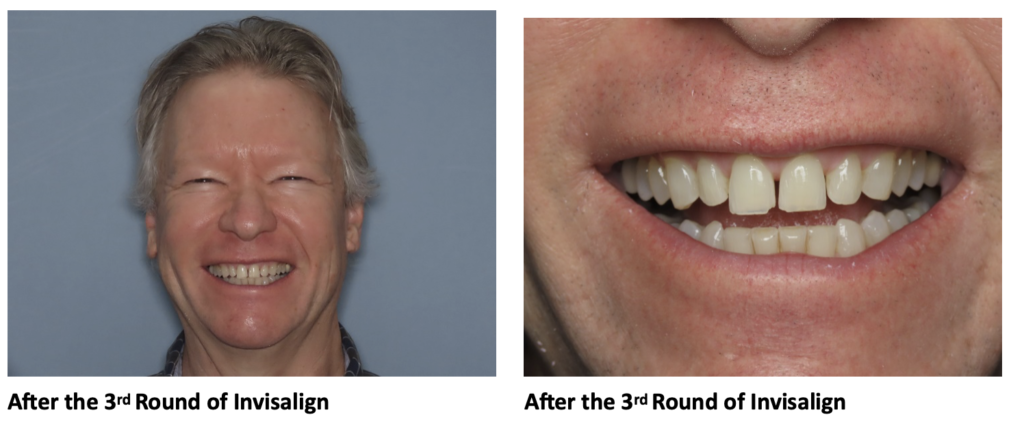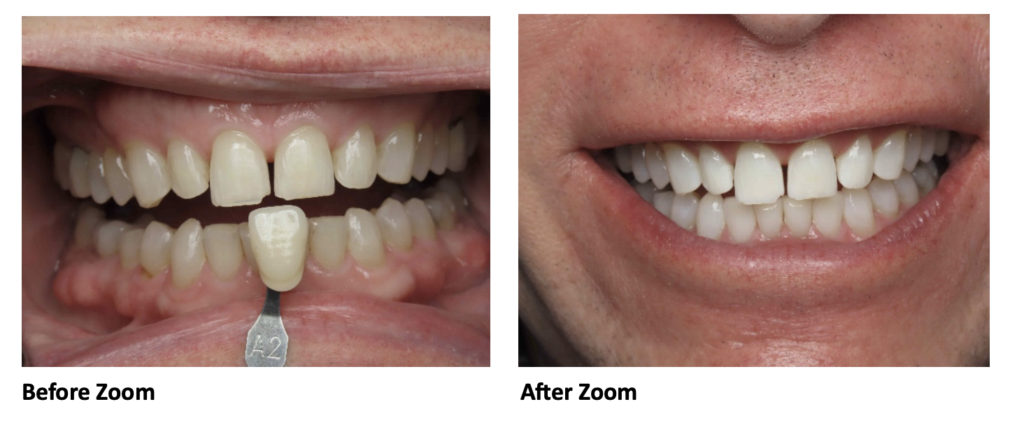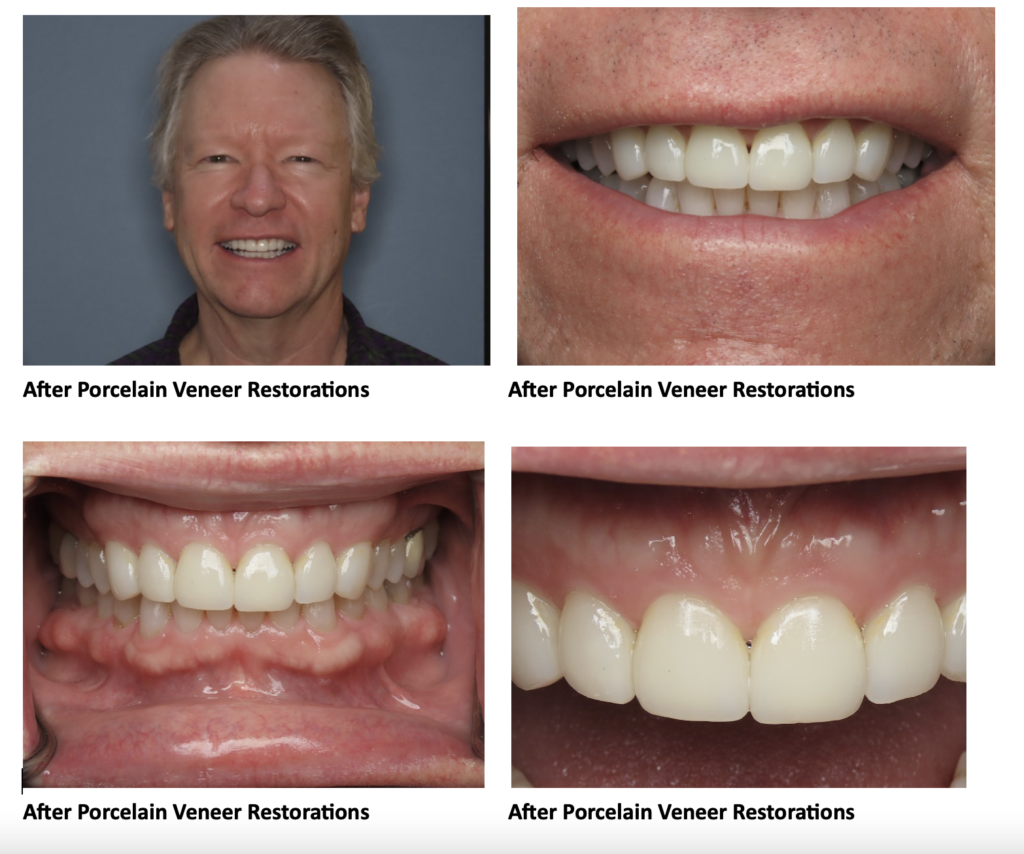By: Dr. Elizabeth Eggert
When someone discovers that they have a blister or sore in or around their mouth, there are two questions that usually come to mind:
1. “What is it?”
2. “How do I get rid of it as fast as possible?”
Most oral blisters or sores are usually either a canker sore or a cold sore. Both of these types of sores can appear in varying degrees of severity, but luckily, they both go away in a relatively short amount of time.
However, there are steps you can take to prevent these sores from occurring, and ways to treat them so that they heal faster. Let’s take a look at each type of sore to find out how to identify, prevent, and treat them.
Canker Sores
Canker sores, also called aphthous (ulcers), are small, shallow lesions that develop on the soft tissues in your mouth, your gums, or your tongue.
They are usually oval in shape and white or yellow in color, with a red edge. They may appear as a single sore, or in clusters. Canker sores are not contagious.
Canker Sore Symptoms
Canker sores can be very painful, and can make it difficult to eat, drink, or talk. While they only last a couple of weeks, it can feel like a very long time for someone suffering from a canker sore.
Along with pain from eating, drinking and talking, other canker sore symptoms may include:
- Tingling or burning sensation
- Swollen lymph nodes
- Fever
- Feeling ill
Causes of Canker Sores
It’s still unknown what exactly causes canker sores, but it is a fact that the sores erupt as a result of the immune system attacking the lining of the mouth. There are many reasons why your immune system would respond this way, including:
- Viral infection
- Injury to the mouth
- Eating too hot or too spicy foods
- Friction between a dental product and your mouth (dentures, braces, retainers, etc.)
- Chewing tobacco
- Sodium lauryl sulfate in certain toothpastes
- An allergic reaction
- Celiac disease
- Emotional stress
- Vitamin deficiencies
- Hormonal changes
- Problems with immune system
- Illness
Canker Sore Treatment
Most canker sores will go away on their own and don’t require treatment. However, you should see Dr. Elizabeth Eggert, Dr. Jeff Eggert, or your doctor if your canker sore lasts longer than 2 weeks, becomes infected, or is extremely painful.
If you have a severe canker sore(s), your primary care doctor or Dr. Eggert may prescribe:
- Coating Medication: Mouth rinses containing anti-ulcer drugs that reduce pain and promote healing.
- Viscous Lidocaine: A numbing agent that comes in gel form. It’s the most commonly used prescription canker sore medication.
- Topical Disinfectants: These are prescribed to people suffering from severe canker sores to prevent infection.
- Steroids: Prescribed for severe canker sores, steroids come in liquid and gel form and reduce inflammation and pain.
For most canker sores, though, over-the-counter pain-relief treatments are usually effective. These usually include topical numbing agents, such as benzocaine and lidocaine, that can be applied directly to the canker sore.
At-home remedies such as applying ice to the affected area, applying milk of magnesia a few times a day, or rinsing with a mix of baking soda and water, can also help with pain relief and even promote healing.
At Eggert Family Dentistry, we treat canker sores using Debacterol, an especially effective liquid topical agent. Debacterol is the only treatment for canker sores that completely stops the pain, seals damaged tissues, and aids the natural healing processes. It only requires one application, which takes only minutes to perform.
Canker Sore Prevention
To prevent canker sores, it’s important to keep your immune system performing at its best, protect your mouth from injury, and to keep bad bacteria out of your mouth. If you eat healthy, avoid irritants, and maintain good oral hygiene habits, you will lessen the likelihood of developing canker sores.
Cold Sores
Cold sores, also known as fever blisters, appear as small, painful blisters that first form a cluster and then burst, creating a sore. Once the blisters burst, the sore will begin to scab over as the body heals.
Cold sores usually appear on the lips and area surrounding the mouth, but can also appear on the nose, cheeks, or eyes. Cold sores are very contagious, and can be passed on even when the blisters and sore are not present through a process called viral shedding.
The good news is that cold sores are very common, and easily manageable. By taking the right precautions and treatments, you can significantly reduce the frequency and intensity of your cold sore flare-ups.
Causes of Cold Sores
Cold Sores are most commonly caused by Herpes Simplex Virus Type-1, and less commonly by Herpes Simplex Virus Type-2. As we mentioned earlier, the virus is very contagious. Approximately 90% of people in the world have at least one form of HSV.
Once you have the virus, it does not leave the body, but for the most part it will stay dormant. Still, there are a variety of triggers that can cause HSV to be active, resulting in flare-ups. Major triggers include:
- Weakened immune system: Your immune system can be weakened by excessive stress, fatigue, and illness, among other things. Many people report stress as being a frequent cause of flare-ups.
- Trauma: Any sort of injury to the lips or inside of the mouth can trigger an outbreak. That includes sporting injuries, cosmetic injections, and biting, chewing, and picking at your lips.
- Sunburn and dryness: Letting your lips become too chapped can cause an outbreak, as can getting sunburned on your face.
Miscellaneous causes include some food allergies, hormonal changes, and vitamin B deficiency.
Cold Sore Symptoms
Cold Sores can be very painful and can make eating or drinking difficult. They can also be unsightly, which is often stressful for the afflicted person, especially school-age children.
The first flare up is often the worst, as it is your body’s first time dealing with the virus. Afterward, your body will develop antibodies to fight the virus, and you may never experience another flare-up. However, many people experience recurring cold sores.
Cold sores occur in stages:
- Tingling and itching: You will first notice tingling, itching, or burning sensation in a small area with slight discoloration.
- Blisters: 12-24 hours later, a cluster of blisters will appear and the area will become red and swollen. Within a day or two, the blisters will pop and weep. This stage can last up to three days.
- Healing: A scab will form over the sore as the body heals, though it may crack or bleed. The scab will fall off once the area is healed, which usually takes about two weeks.
Symptoms that can accompany cold sore outbreaks include:
- Swollen lymph nodes
- Fever
- Illness
- Sore throat
- Headache
- Upset stomach
- Fatigue
Learning to recognize the signs of an oncoming cold sore will help you catch it early and manage it better with treatment. Caught early enough, you may even be able to prevent the cold sore from appearing at all.
Cold Sore Treatment
While there’s no cure for cold sores, cold sore treatments can significantly reduce outbreak frequency and intensity. There are three types of treatment options available, and many people use a combination of treatments to manage their cold sores
- Topical creams: Creams that contain antivirals Acyclovir (Xerese) and penciclovir (Denavir) need a prescription, but will speed up the healing process dramatically. You can also use over-the-counter docosanol (Abreva), which will also speed up healing and numb the area.
- Prescription Pills: Taking an antiviral pill can knock out a cold sore before blisters even appear. These include Acyclovir (Sitavig, Zovirax), famciclovir (Famvir), or valacyclovir (Valtrex). Companies like Nurx allow patients to order valacyclovir online.
- Injections: This type of treatment is usually reserved for severe cases of HSV. Medicines such as cidofovir (Vistide) or foscarnet (Foscavir), and acyclovir can be injected into your bloodstream.
At home treatments include applying an ice pack to the affected area, keeping the cold sore moisturized, and ibuprofen for pain.
Cold Sore Prevention
To prevent cold sore outbreaks, you should aim to:
- Manage your stress levels
- Eat healthy to support a strong immune system
- Keep your lips moisturized
- Wear sunscreen on your face and lips
- Avoid picking, biting, or chewing your lips
- Get a good night’s sleep to avoid fatigue
If you get recurring cold sores, or if you want to avoid coming into contact with HSV, the main precaution to take is to be mindful of direct and indirect contact.
Cold sore transfer often occurs through direct contact, like kissing, or indirect contact, such as sharing a drinking glass with someone who has an infection. It’s good practice to avoid sharing drinks, utensils, or razors with others.
Even touching a sore and then not washing your hands can pose a risk of transfer. There is also a risk of transferring the virus from one area of your face (i.e., your lip) to another (your nose, cheeks, or eyes). Make sure to wash your hands frequently and avoid touching your face when experiencing a flare-up.
The Bottom Line
With the right treatment and precautions, cold sores and canker sores can be less frequent and much more manageable. If you have questions about canker sores or cold sores, call Eggert Family Dentistry today to find out if you need further treatment. Our friendly team can answer any questions you may have!
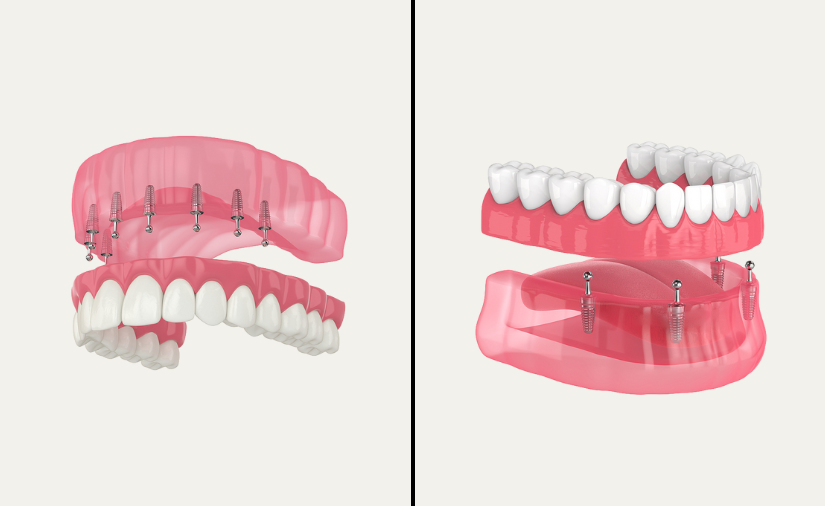
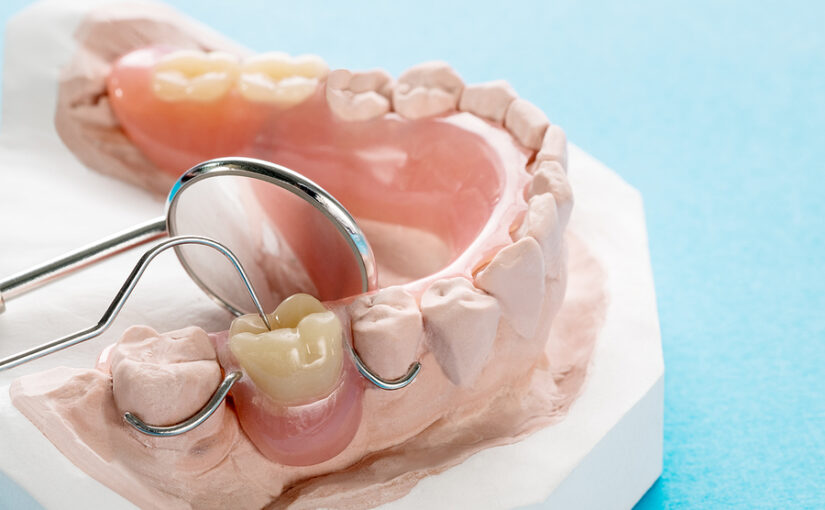

![Canker Sores vs. Cold Sores [and How to Treat Each!]](https://blog.eggertfamilydentistry.com/wp-content/uploads/2023/01/Cold-sore-vs-Canker-sore-825x506.png)
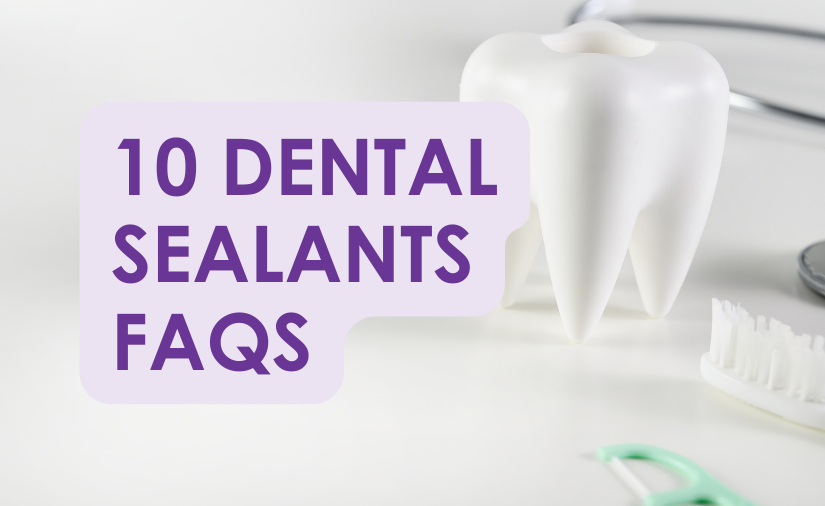

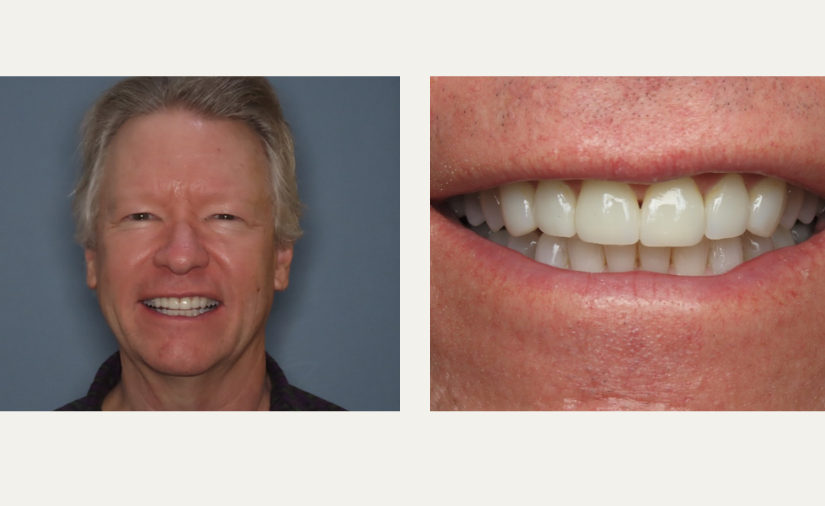
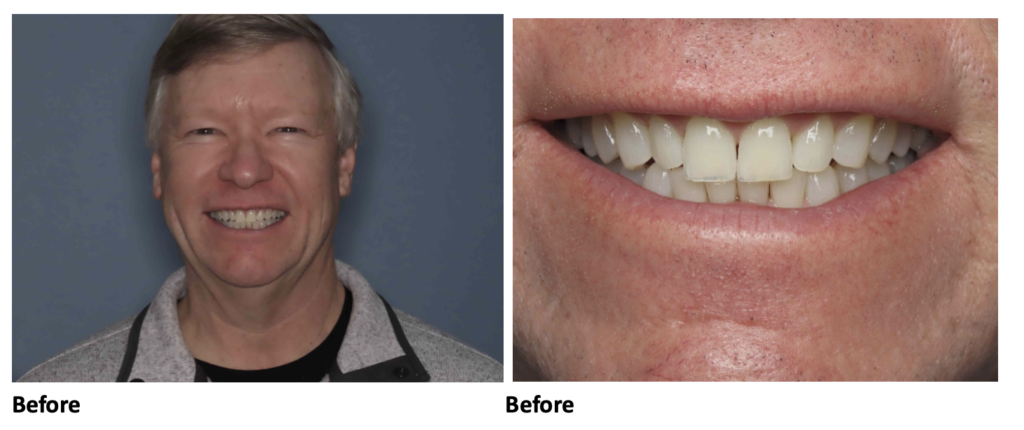
 Pre-Initial Invisalign
Pre-Initial Invisalign